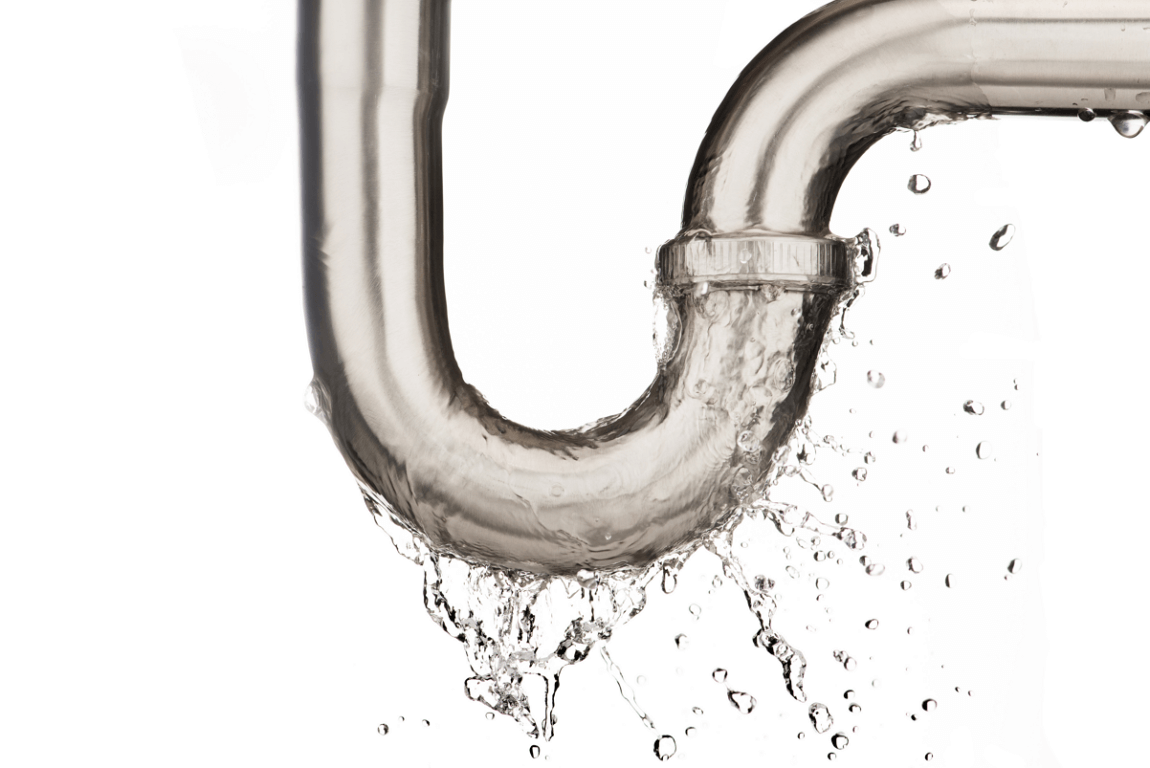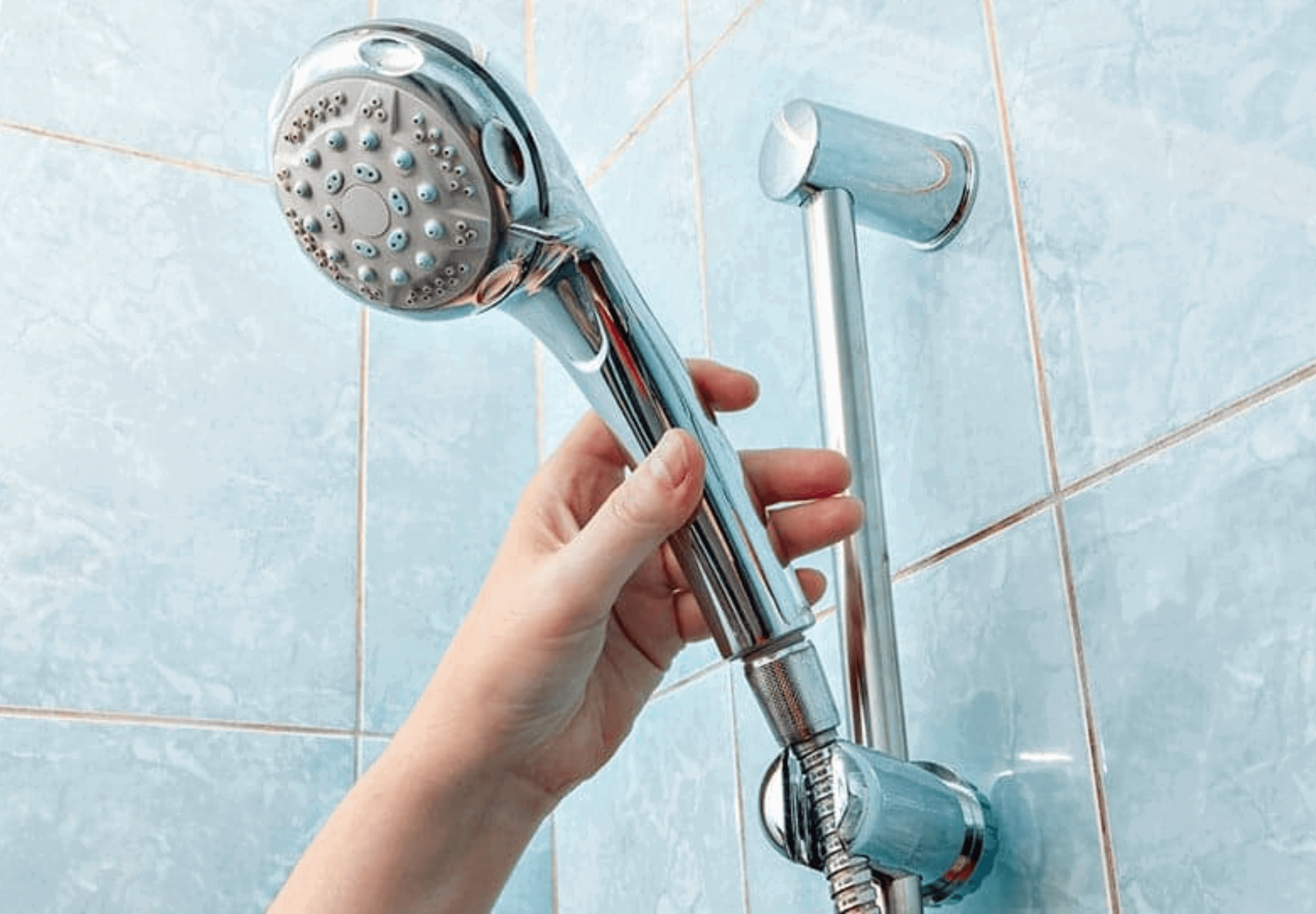5 Frequent Origins of Water Leaks
5 Frequent Origins of Water Leaks
Blog Article
What're your thoughts regarding Common Causes of Water Leaks in the Home?

"Be careful of little expenses. A tiny leak will sink a great ship." - Benjamin Franklin.
He couldn't have been a lot more appropriate because water leaks in our homes cause a waste of sources, raising our water costs. Although this rise could appear negligible at first, it can lead to considerable costs that can break your financial institution. Apart from an increase in costs, water leakages also create unwanted natural growth, architectural damages, and even electrical threats.
Figuring out if you have a water leakage isn't constantly easy because of being unable to see a lot of the pipework in your house. If you have had a rise in your water expenses lately, observed water discolorations on ceilings and walls, smelt lousy smell, etc. You could intend to think about asking for plumbing services to get it checked out.
There are a number of sources of water leakages, and we have compiled the common factors listed below. Inspect to see if you have had relevant concerns in your house recently.
Obstructed drains
Food fragments, dust, as well as grease can trigger clogged drains as well as obstruct the flow of water in and out of your sink. Increased pressure within the gutters can trigger an overflow as well as end up cracking or bursting pipelines if undealt with. To avoid clogged drains in your home, we advise you to avoid pouring particles down the drain and normal cleaning of sinks.
High water pressure
You saw your residence water stress is more than normal however then, why should you care? It's out of your control.
It would certainly be best if you cared due to the fact that your ordinary water pressure need to be 60 Psi (per square inch) and although your residence's plumbing system is designed to endure 80 Psi. A boost in water stress can place a strain on your residence pipes and also cause cracks, or worse, ruptured pipelines. If you ever before discover that your home water pressure is higher than typical, contact a specialist regarding regulating it.
Deterioration
As your pipework grows older, it obtains weak and also extra vulnerable to rust after the constant flow of water via them, which can gnaw at pipes as well as trigger fractures. A noticeable sign of deterioration in your home plumbing system is discoloration as well as although this may be tough to detect due to the majority of pipelines hidden away. We encourage doing a regular appointment every few years as well as transform pipelines once they are old to guarantee a sound plumbing system
Weakened pipe joints
Pipe joints are the components of our plumbing system where the pipelines connect. It is necessary to keep in mind that also though pipelines are made to endure pressure and also last for a while, they weren't made to last permanently; therefore, they would certainly deteriorate over time. An usual indication of harmed pipe joints is too much sound from faucets.
Broken seals
Another reason for water leakages in homes is damaged seals of house appliances that make use of water, e.g., a dish washer. When such home appliances are installed, seals are set up around water adapters for easy passage of water with the maker. A broken seal can cause leakage of water when in usage.
With little or no knowledge of plumbing, comprehending your residence's plumbing system enough to fix a few of these problems (without repercussion) can be an inconvenience. Get in touch with plumbing experts in Pittsburgh, Providence, Rochester, and also environ today, and they'll make those concerns go away.
He could not have actually been a lot more ideal since water leaks in our houses result in a waste of resources, increasing our water bills. If you have had a rise in your water costs recently, discovered water discolorations on walls and also ceilings, smelt poor odor, etc. A rise in water stress can place a pressure on your residence pipes as well as lead to cracks, or even worse, ruptured pipes. One more cause of water leakages in homes is broken seals of house appliances that use water, e.g., a dish washer. When such appliances are set up, seals are installed around water connectors for very easy passage of water through the device.
5 TIPS IN DETECTING A WATER LEAK IN YOUR HOUSE
Water leaks can be hard to find in your home, yet they can be so common. We rely on water every day in our home, which is why a leak can cause big problems. By detecting them early, you can save money and further damage, getting the problem fixed as soon as possible. Here are 5 tips to help you detect a water leak in your home, so you can contact a plumber straight away and get the issue sorted.
Check your water meter
Many people underestimate the value of the water meter in their home. It can be one of the best ways to tell if you have a leak early on, so you can get on top of it before issues start arising. Start by turning off all the water in your home: taps, washing machine, dishwasher, etc. Now take a look at the meter – if it’s still changing with everything turned off, it’s likely you have a fast-flowing leak that you need to get on top of straight away. If nothing changes, then leave your meter for an hour or two and come back to it. Did it change in this time? It’s likely you have a slower leak, which isn’t as urgent but still handy to get fixed so it doesn’t become a bigger problem.
Keep an eye on your bill
Another good way to detect a leak in your home is by keeping an eye on your water bill. It helps if you have a past bill from the same period of time. You can compare like for like and determine whether your water usage has increased significantly. If it has, there may be a leak in your system that you haven’t picked up before. A professional plumber can check through all of your pipes and determine where it is coming from.
Look for damage
If you have a leak inside your home, you will notice damage over time. Take a look at your showers and bathtubs and note whether any of the tiles surrounding the area seem to be discoloured or damaged in any way. There may be water stains, mould or peeling material that has resulted from a build up of moisture over time. Make sure you take a look under sinks at the back of cupboards that don’t get accessed regularly. This is where damage can go unnoticed and build up over periods of time.

As a fervent reader about Where to Find Water Leaks, I imagined sharing that topic was a smart idea. I beg you set aside a second to distribute this blog post if you liked it. I love reading our article about Reasons for Water Heater Leaks.
Quick resolutions for plumbing disruptions. Report this page